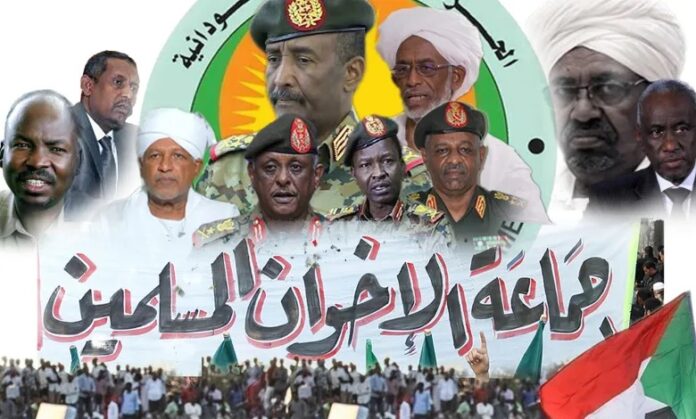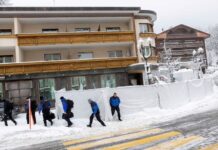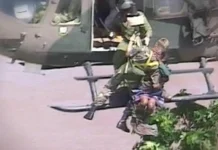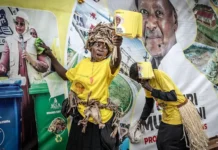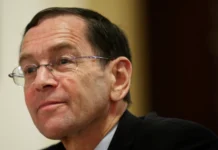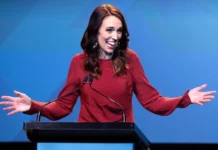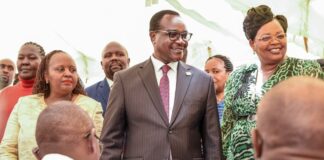Written by Faith Mwende
Sudan’s former ruling Islamist movement, toppled in the 2019 uprising, is positioning itself for a political return, drawing strength from its support for the army in the ongoing war with the Rapid Support Forces (RSF). Leading figures in the movement have expressed openness to extended military rule, viewing it as a path back to power.
In a rare media appearance, Ahmed Haroun, chairman of the defunct National Congress Party (NCP), told Reuters that the army may stay involved in politics after the war. He suggested elections could be the route back for his party and affiliated Islamists.
“We have taken a strategic decision to not return to power other than by the ballot box after the war,” said Haroun, who is wanted by the International Criminal Court for alleged war crimes in Darfur. Speaking from a remote location in northern Sudan, he added, “The Western model is not practical in Sudan… We must develop a model for the role of the army in politics given fragile security and foreign greed, as this won’t be the first or last war in the country.”
Sudan has been engulfed in civil war since April 2023, as the military and RSF clash for control, devastating communities and sparking what the UN describes as the world’s worst humanitarian crisis. The Islamists, who were deeply embedded in government and military institutions during Omar al-Bashir’s three-decade rule, claim to be key players in recent army gains.
Though army leaders publicly distance themselves from Islamist factions, several sources including Islamists, government insiders, and military officials say the movement’s resurgence is gaining traction. This includes recent appointments of Islamist-aligned figures to the cabinet of Prime Minister Kamil Idris.
A representative from Sudan’s military leadership responded to Reuters: “Some Islamist leaders may want to use the war to return to power, but we say categorically that the army does not ally or coordinate with any political party and does not allow any party to interfere.”
Despite such denials, an internal NCP document shared with Reuters outlines significant contributions to the war effort between 2,000 and 3,000 fighters, plus training for tens of thousands of civilians, many of whom joined the army’s ranks.
Military insiders estimate 5,000 Islamist-linked fighters are operating within “special forces” units that helped shift momentum in key battles, especially in Khartoum. Others reportedly serve in elite intelligence divisions.
Haroun downplayed these claims but admitted, “It is no secret that we support the army in response to the commander-in-chief’s call, and to ensure our survival.”
The RSF, meanwhile, accuses the Islamists of fueling the conflict. “The Islamists are the ones who set off this war in order to return to power once again, and they are the ones managing this war,” said Mohamed Mukhtar, an RSF advisor.
The powerful Islamist militia al-Baraa Ibn Malik brigade has emerged as a notable force. Leader Owais Ghanim told Reuters, “We do not fight for the Islamists to return to power, we fight to push back the (RSF) aggression… After Islamists’ participation in the war, I expect they will return via elections.”
As Sudan’s war deepens, so too do foreign entanglements. Islamist figures have reportedly leveraged longstanding ties with Iran, Turkey, and Qatar to secure weapons. Haroun said, “I could neither confirm nor deny this.”
The UAE, accused by the army of backing the RSF, denied involvement: “The UAE strongly rejects the allegations that it is supplying weaponry to any party involved in the ongoing conflict,” said its foreign ministry.
As the conflict continues, so does the battle for Sudan’s political future one that may see the return of forces many hoped were left behind.









